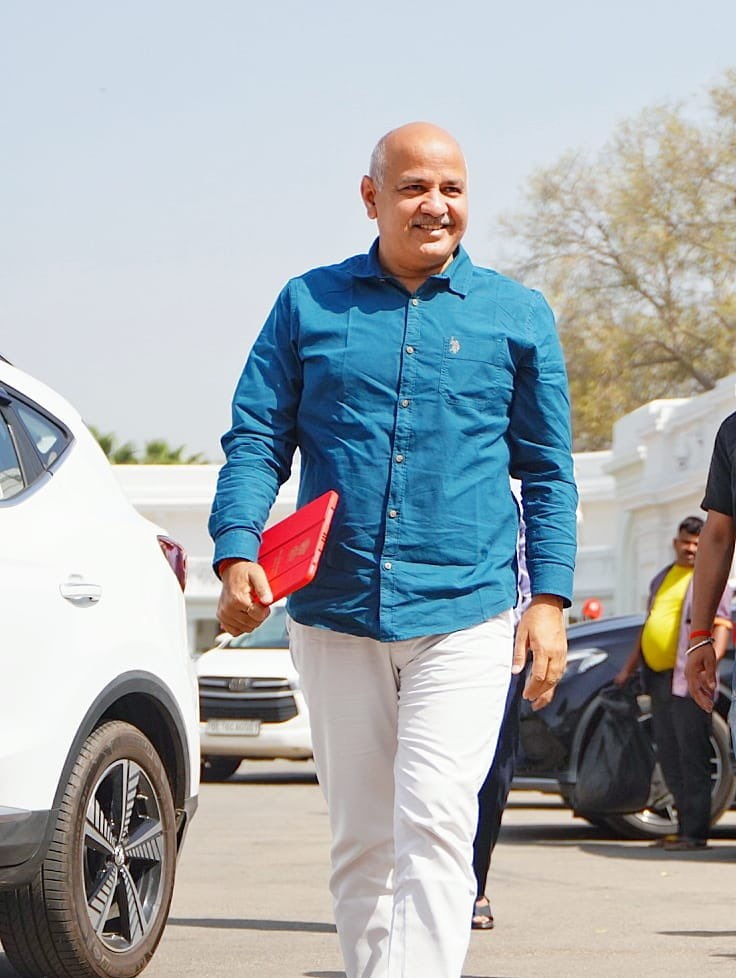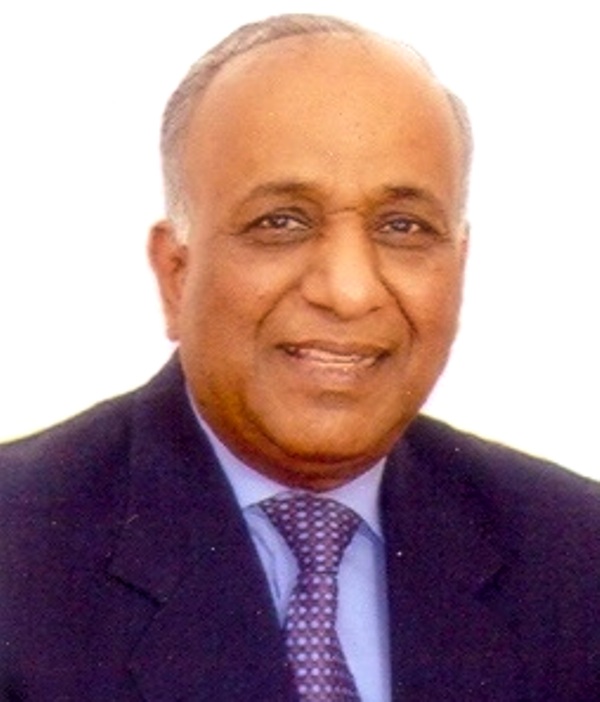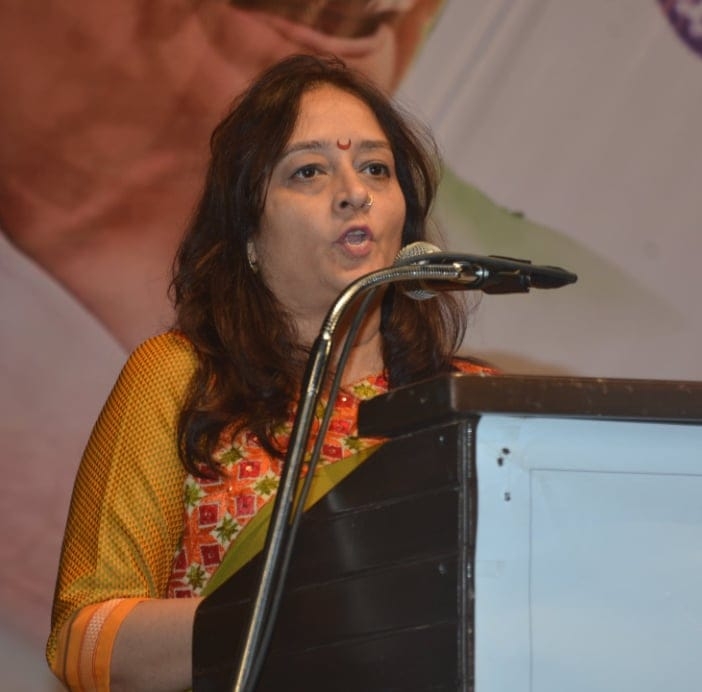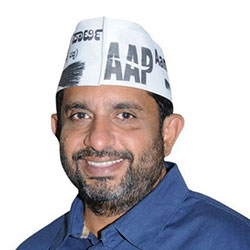

Latest News

AAP’s Election Guarantees
AAP promises more than its Delhi Model With Bhagwant Mann ji, Col Ajay Kothyal ji (Retd) and Adv. Amit Palekar ji being AAP’s CM faces for

Home Isolation Guidelines – Gujarati
Home Isolation Guidelines – Gujarati When expressing your views in the comments, please use clean and dignified language, even when you are expr

Home Isolation Guidelines – Konkani
Home Isolation Guidelines – Konkani When expressing your views in the comments, please use clean and dignified language, even when you are expre
Latest Videos
National Executive
CONNECT WITH US
AAP on Facebook
FOLLOW

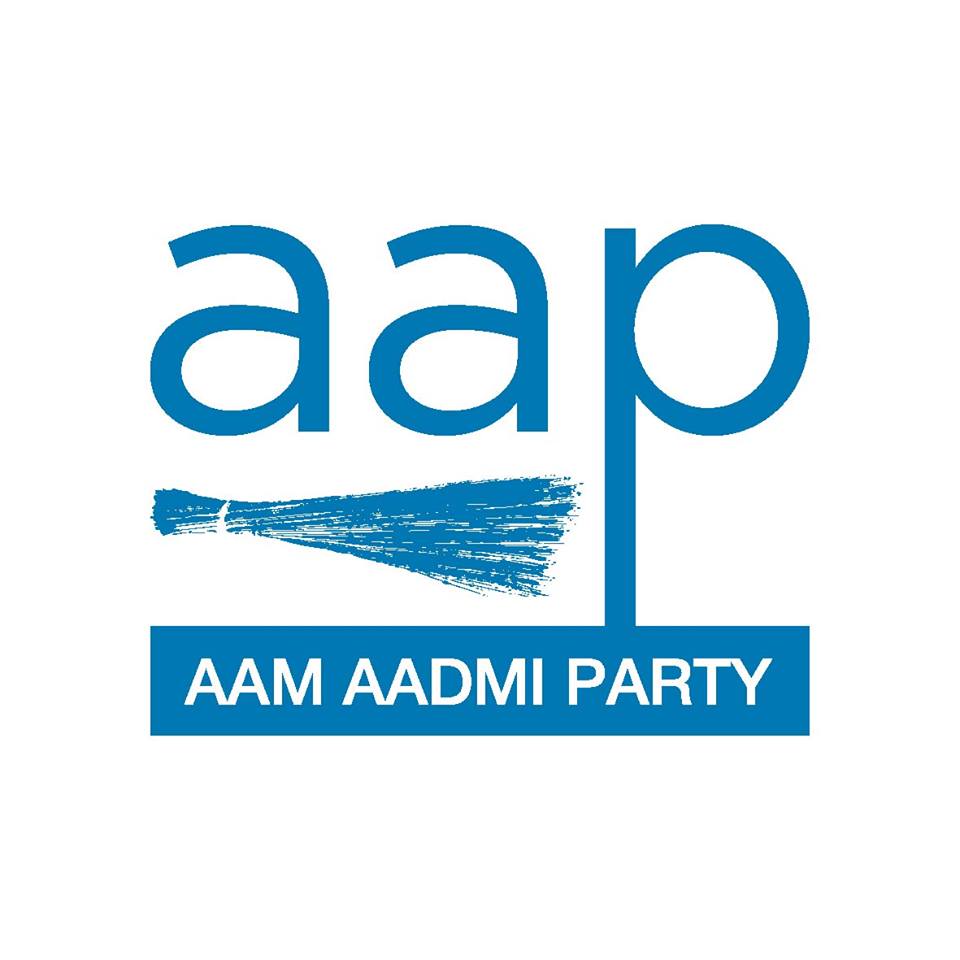































































 में सबसे पहले Home Isolation Delhi ने शुरू किया | Delhi Model
में सबसे पहले Home Isolation Delhi ने शुरू किया | Delhi Model










































































 LIVE| Hon'ble Arvind Kejriwal interacting with traders to discuss measures to boost Delhi's Economy
LIVE| Hon'ble Arvind Kejriwal interacting with traders to discuss measures to boost Delhi's Economy





















































































































































































































































































































































































































































